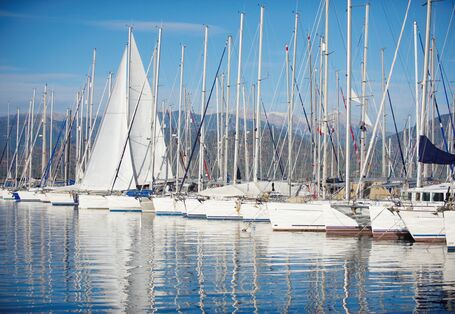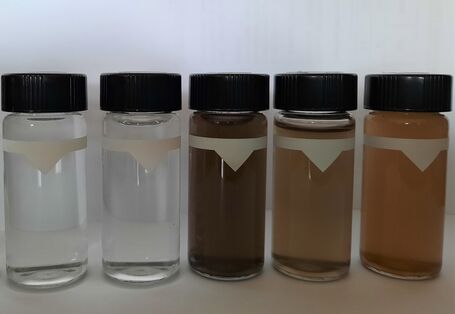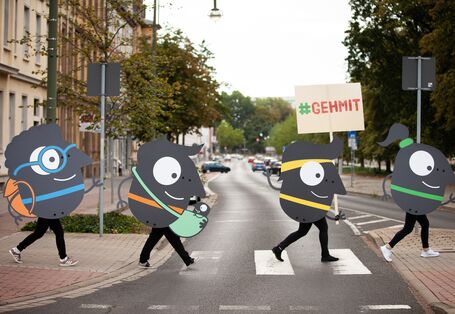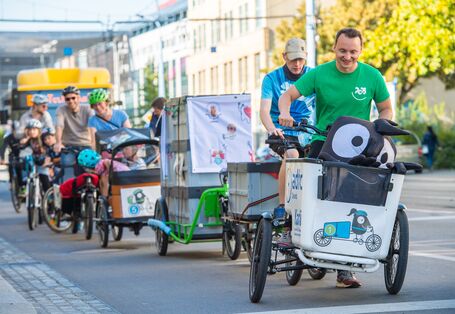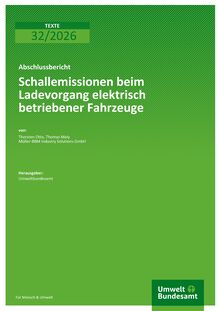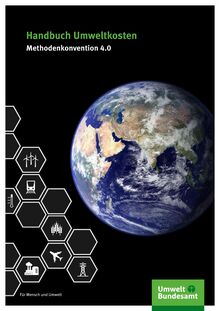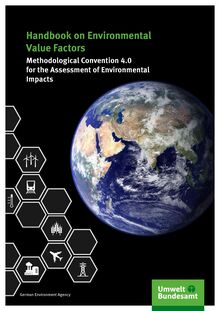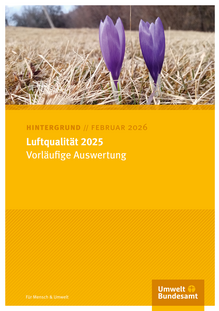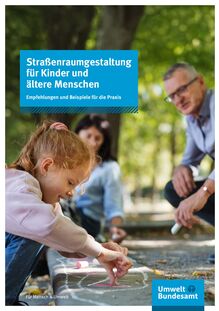UBA study: This is how Germany can achieve its 2030 climate targets

Germany can still achieve its climate targets by 2030. This is the conclusion of a new study by the German Environment Agency (UBA). To do so, Germany would need, among other things, more rail traffic, a reform of the motor vehicle tax and restrictions on fossil-fuel heating. In addition, all emissions would have to be priced and charged to the polluter.

